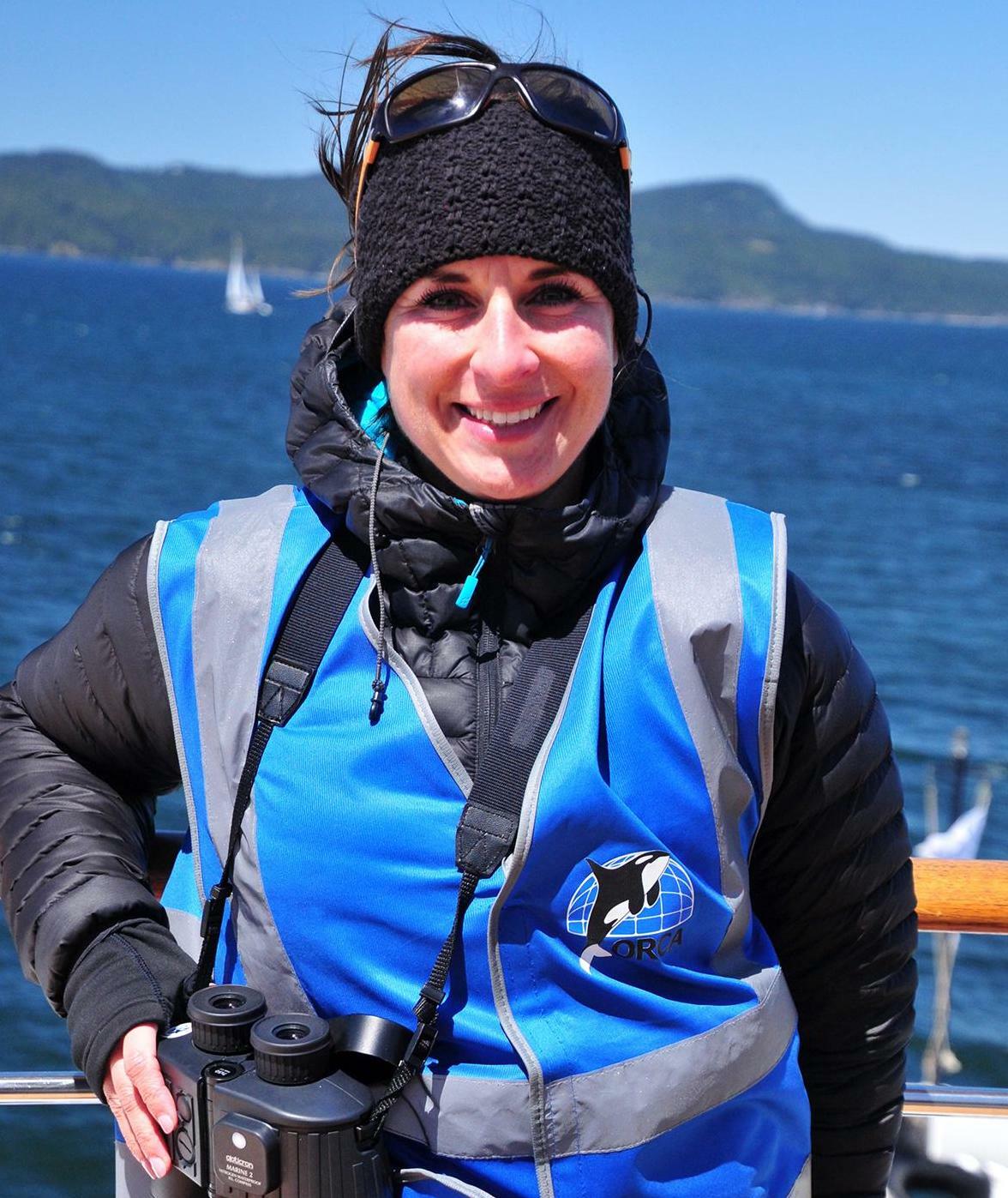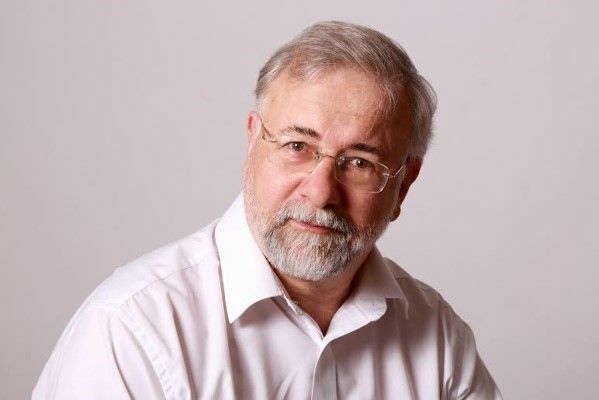November 2022
The 68th meeting of the International Whaling Commission (IWC) was like none that had gone before. Due to the pandemic, the ‘Commission’ had not met for four years and there was a heavy backlog of important administrative items on the agenda. In fact, the weight of these issues might have made it difficult for outside observers to get a clear look at what the IWC is actually doing.
Established in 1946, the IWC was one of the very first international bodies to attempt to try to manage living ‘resources’ and, at that time, was clearly focused on sharing out the then dwindling whale populations between the competing whaling nations, including the UK. However, in recent years, the IWC has evolved into an important modern conservation-facing institution. It now addresses all threats to all cetaceans. That’s some 90 species of wholly marine mammals that are found in all seas and ocean and also some large river systems. To effectively protect them, we need to protect their habitats, so the IWC’s work is important in terms of overarching marine conservation too. The IWC has a powerful, well-attended and multi-national Scientific Committee, which has continued to meet annually (albeit virtually for the last four years). The Scientific Committee issues important advice across a wide range of issues. No other international body can claim such a powerful and well populated advisory body.
The IWC is also arguably the key international forum where those that support a philosophy that no living resources should be put outside of the possibility of exploitation, meet head-on with those of a more protectionist inclination. How we treat the whales forms a fundamental battle-line between the powerful ‘pro-use’ lobby and another that believes that we must step more gently on the Earth. This may help to explain the relentless attacks on the global moratorium on commercial whaling that has been in place since 1986. The fact that whales are marine animals is certainly also important in this debate and especially for countries that are highly dependent on marine resources, like Japan. The ‘moratorium’ has been under relentless attack across the years and decades since it was agreed by the necessary majority vote. Attacks have taken many different forms and this was apparent at this latest meeting too.
After several days of preparatory sessions, the Commission itself opened on October 17th. Its first session was addressed by Slovenian ministers keen on conservation and the mayor of the hosting town, Portoroz on the Slovenia coast. Then, over the first couple of days, the subcommittees reported in and introductions were made to the key issues on the agenda.
These included three resolutions (one of the ways that the IWC makes decisions and its views known) and a schedule amendment to create a sanctuary for whales in the South Atlantic. One resolution was brought to the meeting by the small Caribbean nation of Antigua and Barbuda, causing some controversy back in the Caribbean, and it aimed at establishing a process to restart discussions around the management of commercial whaling. In other words, a full-on attack on the moratorium. A second, brought by several nations, was about ‘food security’, which in the context of the IWC, clearly relates to whale consumption. The third resolution proposed by the EU, UK and USA focused on plastic pollution and the threat it poses to cetaceans.
The South Atlantic Whale Sanctuary proposal had been brought to the IWC many times before, starting in 1998, but it had always been blocked by pro-whaling nations that were able to provide a blocking minority, meaning more than a quarter of parties as it would require three quarters of the vote to pass. The primary goal of the Sanctuary is to promote the biodiversity, conservation and non-lethal utilization of whale resources in the South Atlantic Ocean and a full explanation of what it would mean for this vast sea area is available online.
Decisions on all these matters were scheduled for Thursday, the penultimate day of the meeting, but when the meeting opened with the Sanctuary agenda item, it quickly became apparent that many countries were missing. The seats of the Caribbean and African states, Iceland and some others were all empty; basically the same group of counties that had crashed the Sanctuary proposal at previous meetings had absented themselves. The meeting was declared inquorate and the vote could not go ahead. The countries that brought the sanctuary proposal over and over again and all their supporters were, quite understandably, furious and especially as they were confident that this time the Sanctuary would have been voted through. Loud speeches, anger and tears of disappointment followed.
After a break, the meeting resumed. The previously absent countries were back in their seats. The supporters of the two pro-whaling resolutions - on ‘whaling management’ and ‘food security’ decided not to put them to the vote but also, rather ominously, promised to bring them back to the next meeting in 2024. The plastics resolution brought by the EU nations and cosponsored by the UK, US, Panama, South Korea and India. shone a light into the darkness of the day when it passed unanimously, also meaning that IWC 68 was notable because no votes were held on anything.
The meeting then, for the remainder of the day and the next, ploughed with some velocity through organisational matters including agreeing the operational budget (if this had failed, the whole IWC could have crashed).
Media attention to the meeting seemed very limited, but focused mainly on the battle over the Sanctuary. This means that much of the conservation work now done through the IWC went unnoticed. This might also be seen as a victory for those that oppose the continuation of the IWC because if its role in cetacean conservation is not recognized, then the arguments to maintain it (and with it the moratorium) will be undermined. So, with that in mind, we will conclude this blog by highlighting some of the IWC’s important conservation work.
The IWC:
The UK’s contributions at this meeting and more generally to the work of the IWC have been important at many levels and have included both significant leadership and resourcing. We thank them and hope that this will long continue. The Commission will have its next full meeting in Peru in 2024 and its Scientific Committee in Slovenia next year.


Latest Blog Posts